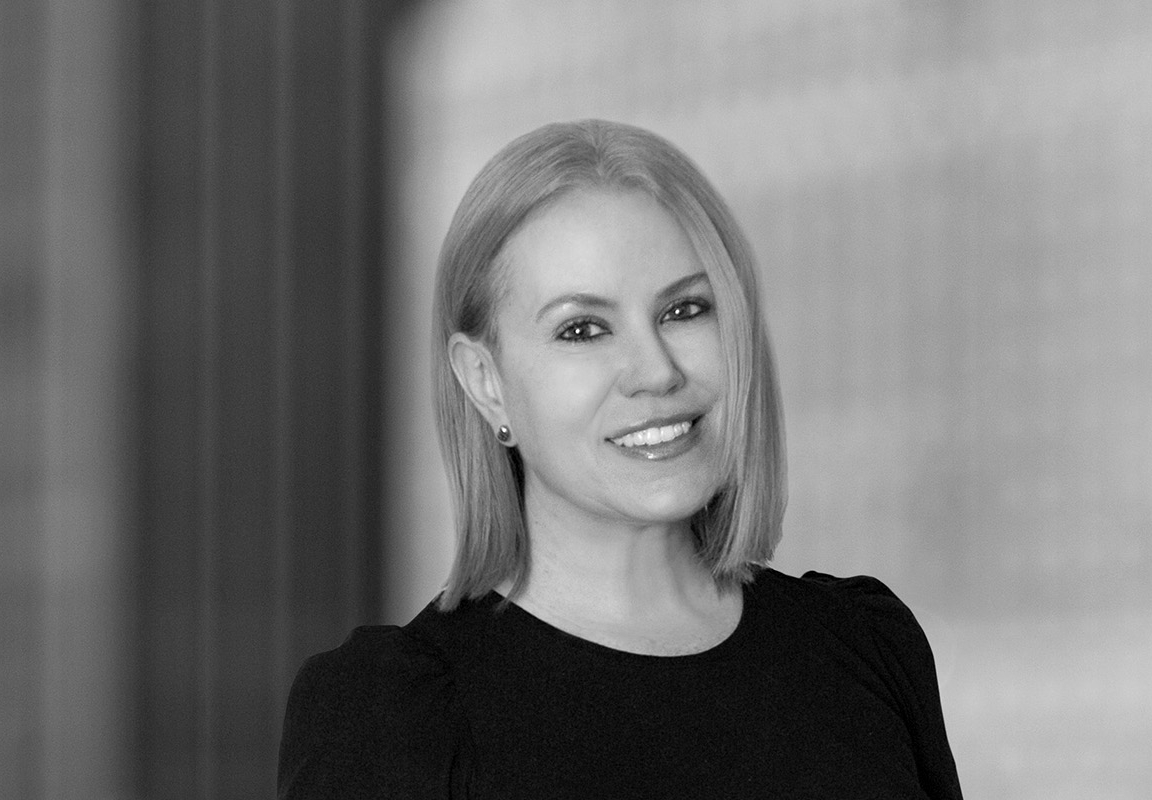
White Collar Trends in Private Equity – How Can Sponsors Proactively Manage Risk?
1 min read
White & Case Partners Thierry Bosly, Global Co-Head of M&A and Global Co-Head of Private Equity, and Maria Beguiristain discuss the current white collar trends facing the private equity industry, including the changing regulatory and enforcement landscape and portfolio company risk. They also share practical guidance for managing investment diligence on a limited basis, understanding risks across different regions, and enhancing compliance and governance frameworks.
Thierry:
Welcome to the third episode of our series on the mega trends in the private equity industry. In today's video, we will be discussing a critical and timely topic: the impact of white-collar matters on the private equity industry. White-collar matters pose significant risk to private equity firms and the portfolio companies. With increasing regulatory scrutiny and evolving compliance requirements, it is essential for private equity firms and their portfolio companies to understand these risks and implement effective strategies to mitigate them.
To help us navigate this complex landscape, a special guest today is Maria Beguiristain. Maria is a white-collar partner in our Miami office, and she will be sharing her insights on how white-collar matters are shaping the private equity industry.
Maria, a very warm thank you for being with us today. Let's dive in first, with our first question. And my first question, if you agree, will be on due diligence processes and investment strategies, how has recent white-collar crime regulations and enforcement trends affected private equity?
Maria:
First of all, I'm delighted to be here. Thank you for having asked me. So, and I preface all remarks, since I'm sitting in the United States, with the realization that we're just starting a new administration. So, we haven't had an opportunity for our new attorney general and the Department of Justice and the agencies to give their view of some of these things. And we often see that a new administration might modify or revoke something that the prior administration has done.
But to your question, I am going to speak about something the prior administration did. We know diligence has always been important. Ideally, it's before. Ideally, you get access to everything. You certainly want to focus on white-collar topics. And I'm going to include in there sanctions and export controls depending on the nature of the portfolio company.
But sometimes that's just not possible. You aren't given the access, the portfolio company doesn't want you to have the access, time is limited. They're competitors. We understand that reality. So then, once you sign and close, post-acquisition diligence is something many of our clients do because that's just what they are allowed to do timeline-wise. And there the United States government has recognized that sometimes you discover things before the fact, sometimes you discover them after the fact.
So, there is now a program whereby a company, a portfolio company that's been acquired, and this, of course, applies in the United States, has a safe harbor period to report to the United States that it's found something and thereby avoid successor liability, which is certainly a concern for private equity clients and portfolio companies they've just acquired.
Thierry:
Thanks a lot, Maria. That that's really helpful. Our second question relates to risk and challenges that private equity firms face in relation to white collar crimes within the portfolio companies. What are those risks, and how can these be mitigated?
Maria:
Certainly, this answer really has to focus on what type of portfolio company you're looking at, what industry is it in, where is it operating and what regimes apply now? Because you may be coming from a United States perspective, a UK perspective, EU regimes within those governments or structures may apply somewhere that doesn't have the same thing.
Let's take Latin America for an example. Latin America and I go back to sanctions. Latin America doesn't really have the sanctions regimes that the United States, the UK and the EU have. So, you may have acquired a portfolio company that has nothing in place for screening, for understanding its risks, for reporting. And those tend to be strict liability violations, whereby there's already a problem if it just happens even without intent.
So, that risk is a significant one for portfolio companies that may have just been acquired in a different regime. Also AML, some countries have very different AML obligations, Colombia, for example, than what we would see in the United States and who's governed by them. So, understanding what those local regimes are will help the portfolio companies, but it also will help the private equity funds make sure compliance risks are under control.
And that applies to fraud and anti-corruption efforts and such. So, in the anti-corruption space for example, facilitation payments, it's a topic that is important. And that's basically what can you pay to just move something along, a government service. And that's permitted to some extent in the United States, but not permitted in the UK. So, you really do need to do that adaptation and educate the people on the ground as to what may no longer be permitted and importantly, to what now is expected.
Thierry:
Thank you very much, Maria. We now coming to a third and last question, and I would like to focus on prevention and detection. So, my final question is in what ways can private equity firms enhance their compliance and governance framework to better prevent and detect white-collar crimes?
Maria:
So, there are a few things that can be done in that regard too. The first I would say is to take a look at what's there when you arrive. Are the policies that need to be in place in place? Are they strongly worded? Is there language about discipline and what's going to happen if there's a policy violation? And are those policies communicated? Is there a way for people to communicate to the private equity fund, or even to the portfolio company itself, what is troubling them about what's happening inside the organization?
And we find that when you start a diligence exercise, even one after the fact, people realize this matters to the owners and they're comfortable speaking up. So, you want to make sure that they have a way to speak up.
Do they have a way to call an anonymous line, or write an email on an anonymous website, or a website by which they can be anonymous and thereby provide their concern and whistleblow actually is what we call it. So, that's very important. But also, maybe think about who's going to sit as a director on the risk or audit committee locally so that you can have the visibility into what's happening and make sure you have that independent factor, and sometimes you want to put a compliance officer in place early on to assist with all of this.
Thierry:
Thanks a lot, Maria. I think it was really a very interesting session. Once again, a very warm thank you.
Maria:
Thank you for having me.
White & Case means the international legal practice comprising White & Case LLP, a New York State registered limited liability partnership, White & Case LLP, a limited liability partnership incorporated under English law and all other affiliated partnerships, companies and entities.
This article is prepared for the general information of interested persons. It is not, and does not attempt to be, comprehensive in nature. Due to the general nature of its content, it should not be regarded as legal advice.
© 2025 White & Case LLP


